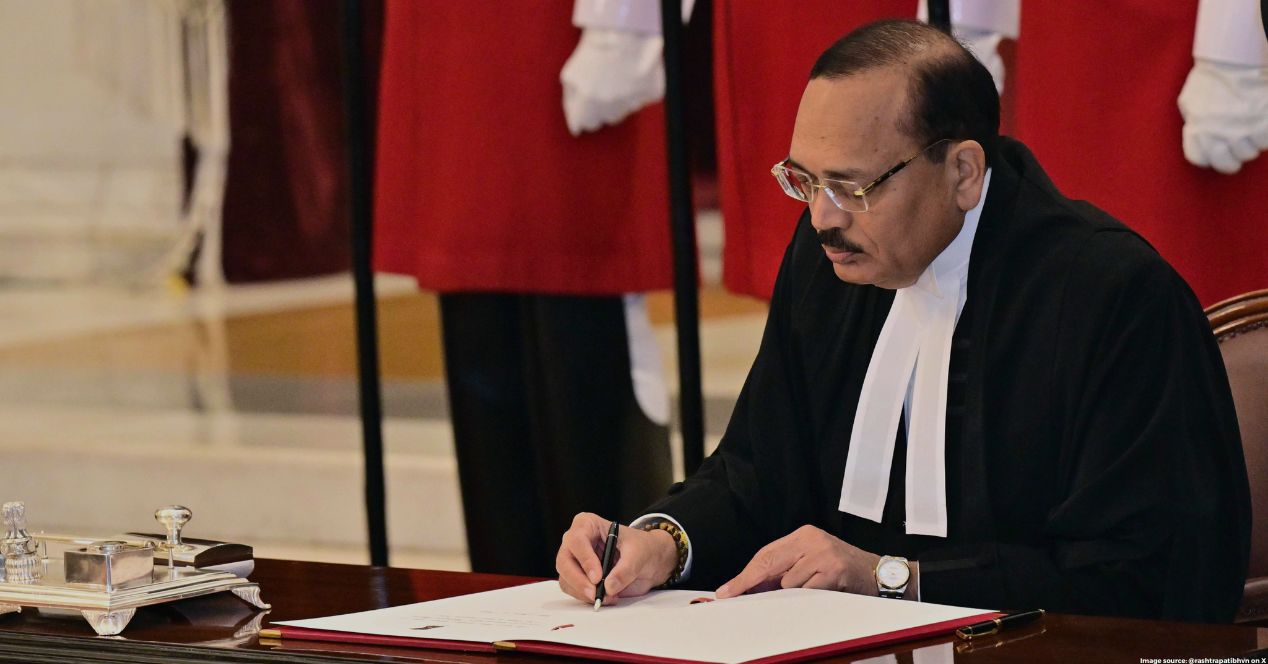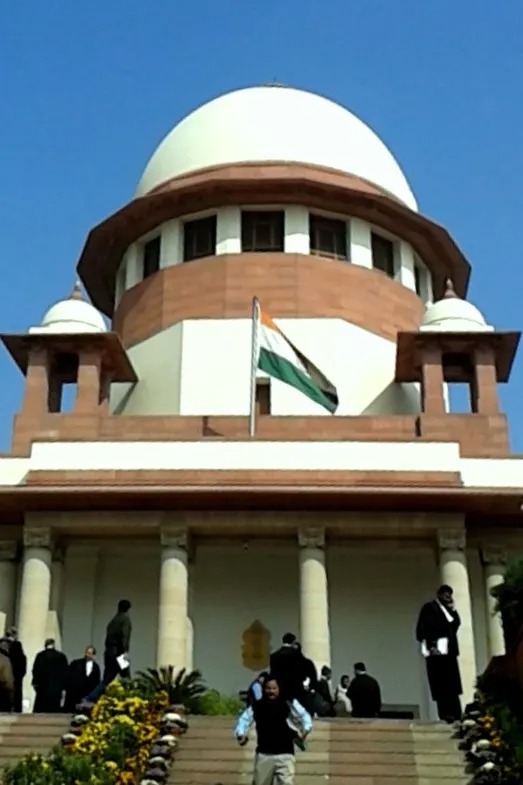Morris, J.@mdashThe facts are that an objection on the ground of limitation was taken by the judgment-debtor, which was dismissed by the first Court on the 17th January 1876. The judgment-debtor then appealed, and his appeal, which was opposed by the judgment-creditor, was dismissed on the 2nd October 1877. The judgment-creditor allowed the proceedings in execution to drop, and did not apply to revive them till the 18th March 1879. An objection was taken by the judgment-debtor that more than three years had elapsed since the next preceding application, and that, consequently, execution was barred. This objection was allowed by the first Court, and affirmed on appeal by the lower Appellate Court. A motion has since been made to this Court that this order is opposed to the provisions of Article 179, schedule ii Act. XV of 1877, which is the law which governs this case. This motion raises the question, whether the opposition raised by the judgment-creditor to the appeal of the judgment-debtor against the order of the first Court of the 17th January 1876 can be treated as an application to the proper Court to take some step in aid of execution." The judgment-creditor contends that it can, upon a fair interpretation of the words of the Act, such as was given by the Full Bench in the case of Bipro Dass Gossain v. Chunder Seekur Bhuttacharjee (B.L.E. Sup. 718 : S.C.W.E. 521), to the somewhat similar provisions of Section 207, Act XIV of 1859. We observe, however, that there is a great difference between the two eases, as well as in the wording of the two Acts on this point of limitation in execution. The action taken by a judgment-creditor to resist an appeal, which, if successful, would have the effect of setting his decree aside, may well be considered to be a proceeding taken for the purpose of keeping that decree or judgment in force; but it is difficult to see how such action constitutes an application to the proper Court for execution to take some steps in aid of execution of the decree. In the first place, the appeal of the judgment-debtor does not operate as a stay of execution; for the law expressly provides (s.545 of Act X of 1877), that execution of a decree shall not be stayed by reason only of an appeal having been preferred against the decree, and it is not asserted here that the Appellate Court ordered the execution to be stayed. In the second place, the application must be made to the proper Court for execution, that is, as defined in explanation 2 of Article 179, the Court whose duty it is (whether u/s 226 or 227 of the CPC or otherwise) to execute the order. Obviously, therefore, the Appellate Court is not such a Court, and cannot be applied to for such a purpose.
2. Consequently, as it is admitted that the application for execution is out of time if the opposition of the judgment-creditor in the appeal is not to count as such, we affirm the order of lower Court, and discharge the rule with costs.

